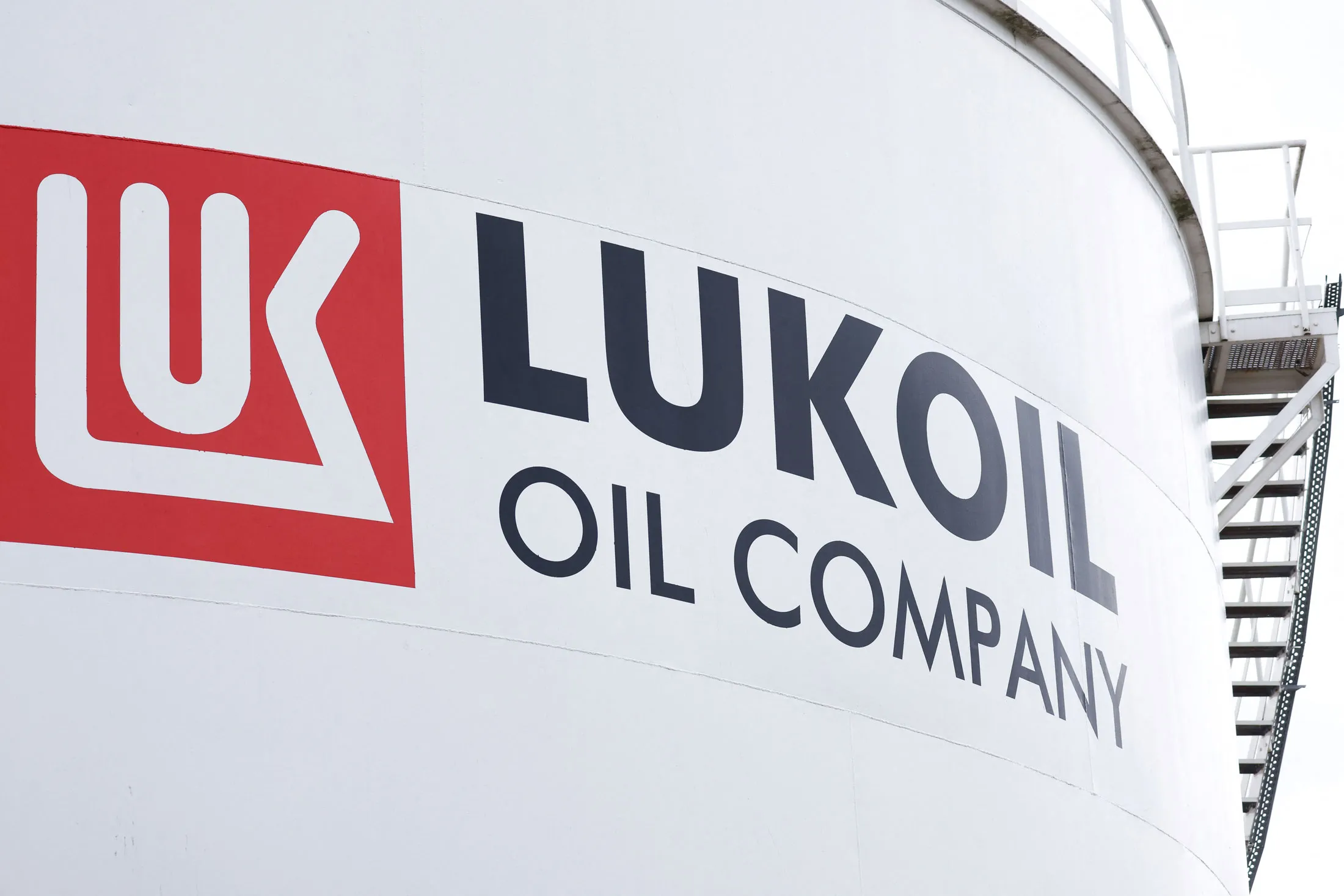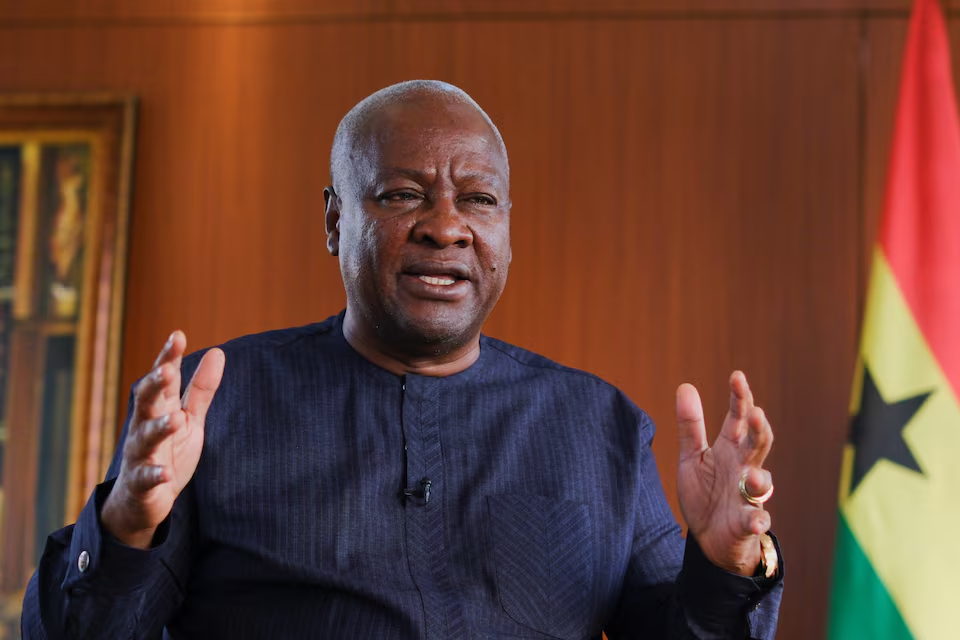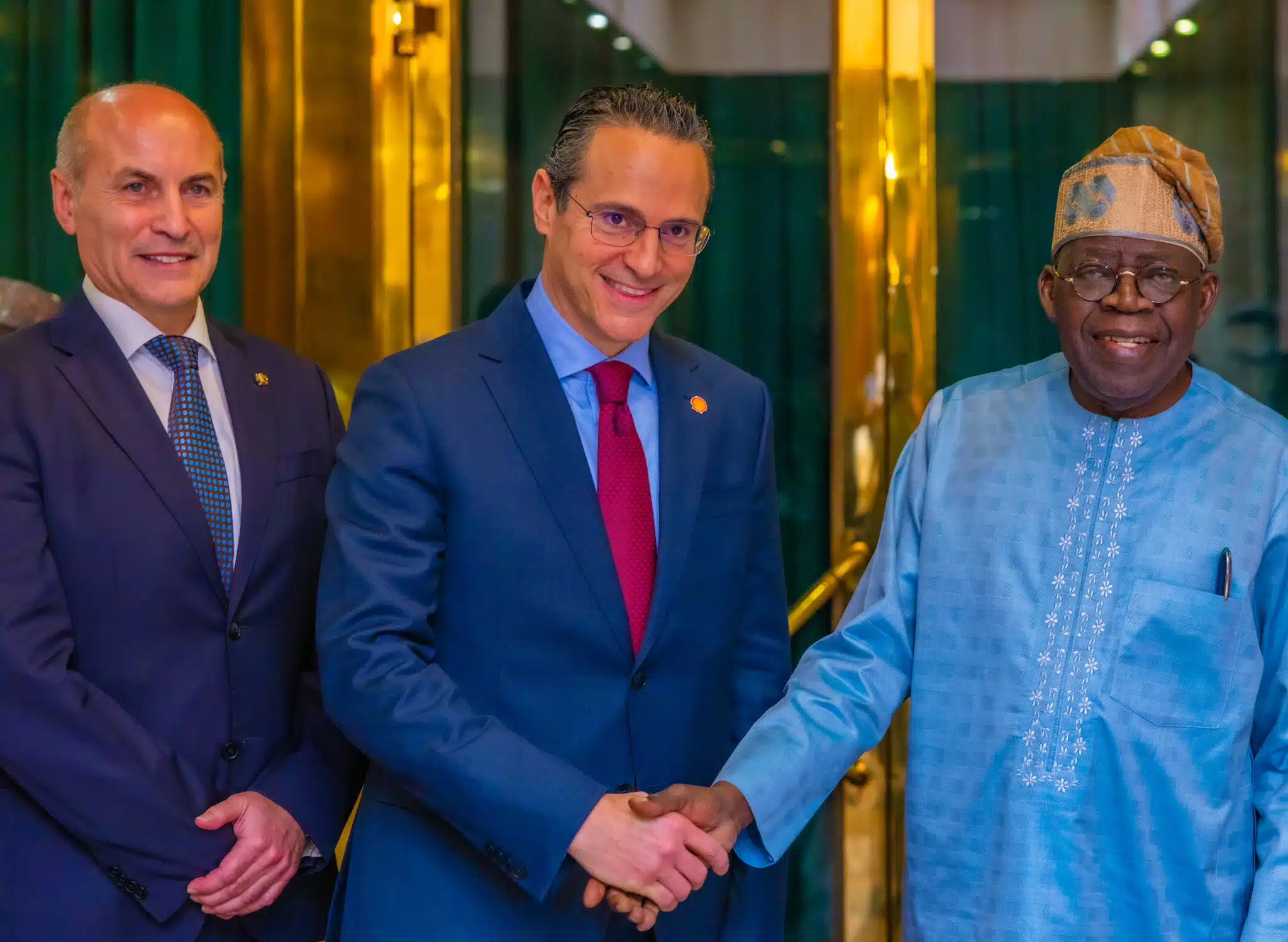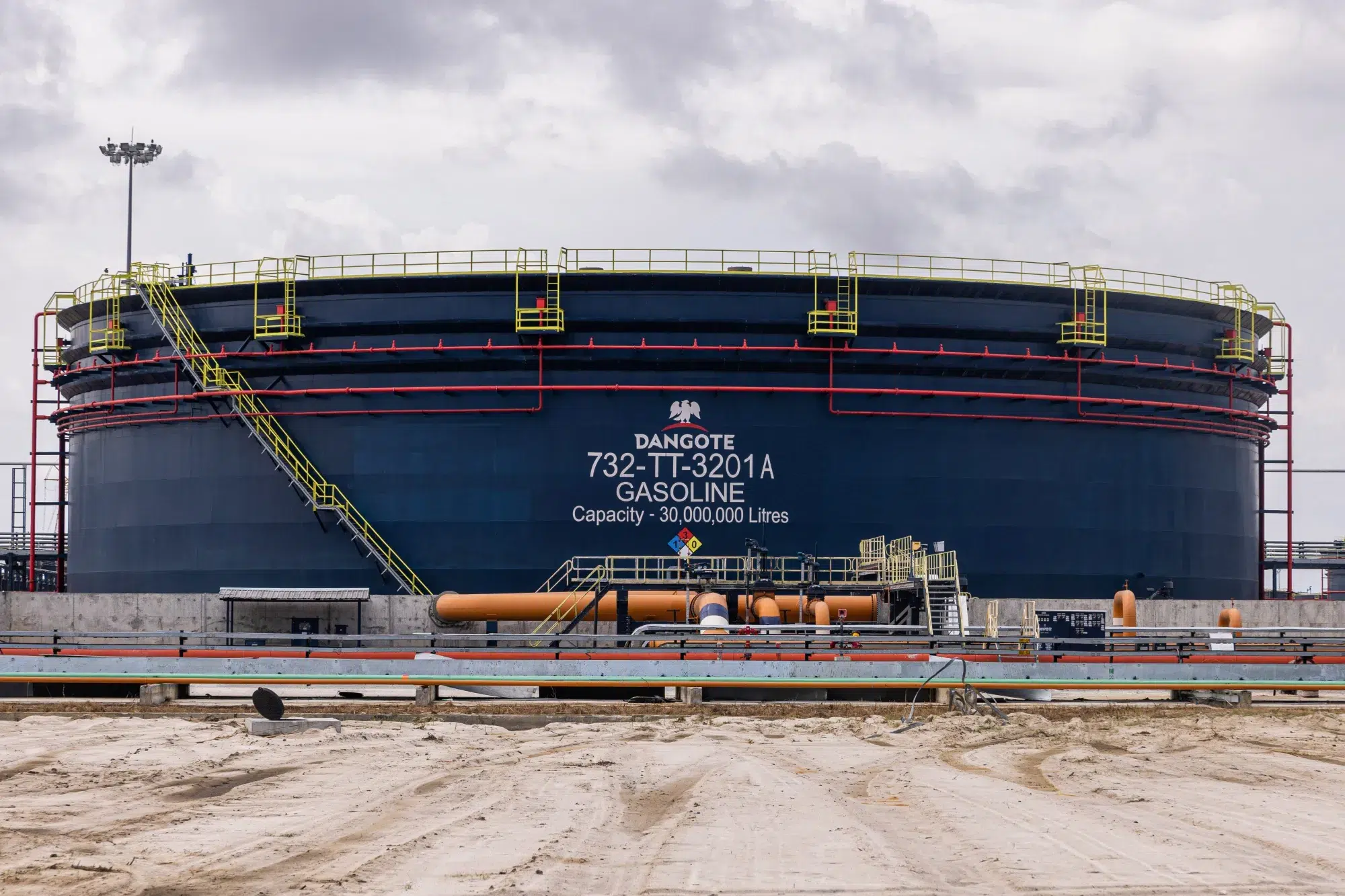Russia’s second-largest oil producer, Lukoil, is withdrawing from Africa, prompting concern across five nations where the company has maintained significant operations.
These countries now face potential ripple effects throughout their oil and gas sectors.
In a sharp rebuke of the Kremlin’s refusal to end the prolonged war in Ukraine, U.S. President Donald Trump announced new sanctions targeting Lukoil and Rosneft—two of Russia’s largest energy firms.
He also approved Ukrainian President Volodymyr Zelenskyy’s request to deploy long-range missiles against Russia, a move that could alter the trajectory of one of Europe’s longest-running conflicts.
In response to mounting international pressure, Lukoil revealed plans to divest its African assets, including strategic stakes in several hydrocarbon-rich regions.
The announcement, made public on 27 October 2025, reflects the growing impact of Western sanctions, which have severely constrained the company’s ability to operate globally.
The divestment plan spans assets in 11 countries, with Africa representing a key part of Lukoil’s international footprint.
Though the company has often operated quietly on the continent, its influence has been substantial.
We examine the African nations affected and explore what Lukoil’s departure could mean for their energy futures—and for the company itself.
Which African nations will be affected by Lukoil’s planned exit?
Lukoil has been operating in Africa since 1995.
It operates or has operated in several African countries, primarily in the exploration and production of oil and gas, and has also established a presence in lubricants distribution.
Key countries include Nigeria, Ghana, the Republic of Congo, and Egypt, where it has held stakes in exploration blocks and concessions.
The company also has a history of agreements and operations in countries such as Cameroon and a lubricants distribution subsidiary in Morocco since 2018.
Nigeria: Holds a 20% stake in the OPL 245 block. This is one of Nigeria’s most controversial and potentially lucrative offshore oil blocks.
The remaining stakeholders include Eni and NNPC.
Lukoil’s exit could delay or complicate progress on OPL 245, depending on how quickly its stake is acquired by another firm.
Ghana: Has a 38% interest in the Pecan field within the Deepwater Cape Three Points block operated by Aker Energy (50%), alongside GNPC (10%) and Fueltrade (2%).
The deepwater field contains contingent resources of up to 550 million barrels of oil equivalent and is expected to serve as the hub for developing other nearby fields. :
Republic of Congo: Lukoil entered the country in 2019 with the acquisition of a 25% stake in the Marine XII block, where it was expanding its footprint through new offshore projects with Eni.
Marine XII is a major offshore oil and gas development, including both crude oil and liquefied natural gas (LNG) production.
Egypt: Has several onshore and offshore concessions in the Western Desert and Gulf of Suez. Just April this year, Egypt’s parliament approved two new contracts with Lukoil, allowing the company to expand its operations in the Western Desert region.
It also had ongoing petroleum activities in the West Esh El-Mallaha Concession and Meleiha Development Area.
Cameroon: Lukoil was awarded the operating contract to process gas from the offshore Etinde field using infrastructure in Equatorial Guinea.
Lukoil holds a 30% stake in the project, partnering with New Age (30% – operator), EurOil (20%), and SNH (20%). A final investment decision for the Etinde development is still pending.
While specific details are less publicised, some of Lukoil’s projects in Africa are still in early development phases. Whether discussions on pending projects will proceed remains uncertain.
However, Lukoil’s departure is expected to disrupt ongoing energy projects and even stall future investments that were already in the pipeline.
What does the planned divestment mean for Lukoil?
Africa has been a key part of Lukoil’s international portfolio, which had grown remarkably in the 15 years until 2021.
As of 2024, the company reported that its African operations accounted for 15–20% of its total global production.
The company holds promising upstream assets in Nigeria, Ghana, Republic of Congo, Cameroon, and Egypt.
Exiting these markets means relinquishing access to some of the world’s most promising untapped oil and gas reserves
The planned African retreat will deal a big operational blow to Lukoil, but it could provide immediate capital to weather the financial strain of Western sanctions.
Pecan field and Marine XII LNG, were expected to generate substantial future revenues. Exiting now may mean forfeiting long-term profitability for short-term stability.
Lukoil’s exit opens the door for other international oil companies (IOCs) or national oil companies (NOCs) to acquire stakes in high-potential African assets.
Before this divestment move, Africa was already witnessing increased investments from several Russian energy companies.
Could this help end the war in Ukraine?
The goal of the fresh sanctions imposed by the United States and United Kingdom on Lukoil is to sever critical revenue streams and deepen Moscow’s isolation from global financial and energy systems.
Lukoil, Russia’s largest publicly traded oil company, together with Rosneft account for nearly 50% of Russia’s oil exports.
Just days later, on 23 October 2025, the European Union followed suit with its 19th sanctions package—its most severe yet.
Key measures include:
- A complete ban on Russian liquefied natural gas (LNG) imports
- Aggressive enforcement against Russia’s covert “shadow fleet” of oil tankers
- Broader restrictions targeting financial services, crypto assets, and the military-industrial complex
These coordinated actions reflect a unified Western strategy to economically weaken Russia and constrain its war-making capacity.
Yet despite their intensity, many analysts caution that sanctions alone may not be sufficient to bring the war in Ukraine to an end.
The conflict’s resolution, they argue, will likely require a combination of sustained diplomatic pressure, internal political shifts, and battlefield dynamics.









